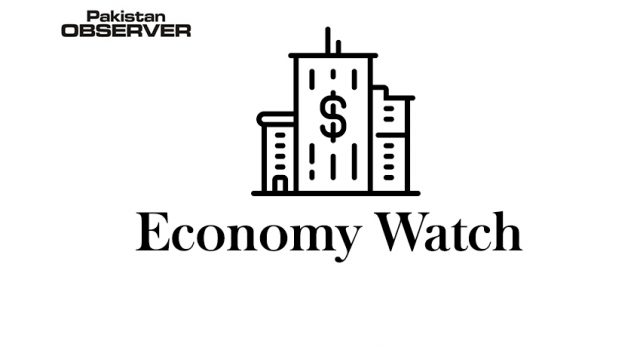Islamabad
The speakers at a seminar urged on Tuesday for improving the linkages between the micro- economy and human capital development to elevate life style of people belonging to lower income group.
The government should allocate more resources to improve education, health and other social sector development to provide facilities to common people, Human rights leader and senior consultant at National Commission for Human Rights, Dr. Farkhanda Aurangzeb said while addressing a National Consultation on “Impact of International Monetary Fund (IMF) Policies on Women’s Lives in Pakistan”.
The seminar was organized by social sector organization, Shirakat here. She said that that IMF and the government should have consultation with civil society to frame macroeconomic policies in favor of people. Dr. Farkhanda said that through socio- economic policy formation process, there was dire need resolved the issues of common people for providing them the opportunity to change their lives.
She said that provision of better health, education and food facilities was basic right of every citizen according to constitution of Pakistan. She also urged for participation of women in economic process to give them opportunity of achieving the self reliance in their lives. While addressing the panel, Executive Director, Shirakat Bilquis Tahira said “In the times of economic recession, women and girls are affected disproportionately, they have to cut down expenses which affects nutrition needs of girls and women”.
She said that there was need to address the women economic empowerment issues and stressed for providing them the facilities for education and health for their active role in society. Bilquis said that macro and micro economic policies should be linked with the gender equality and empowerment to give economic liberty to the women.
Guest speaker, senior consultant of Ministry of Human Rights, Muhmmad Arshad said that ensuring basic human rights was government’s priority. The recent social protection programs including “Ehsaas” and “Kamyab Jawan” reflected government’s intentions to uplift women and girls and provided favorable work opportunities to youth, he added.
He appreciated the efforts of Shirakat to hold such consultations and urged to continue these discussions. In panel discussion titled “critical analysis of macroeconomic policies viz a viz social development” consisted of macro-economist and Director Sustainable Development Policy Institute (SDPI) Dr. Sajid Amin, said, “macroeconomic policies should consider the social development aspect and forums like this will help understand the impacts in a better way from standpoint of common men and women.”—APP









